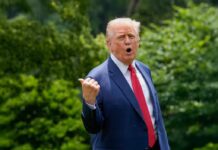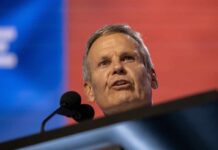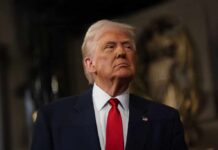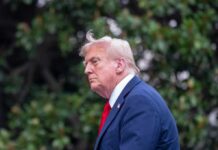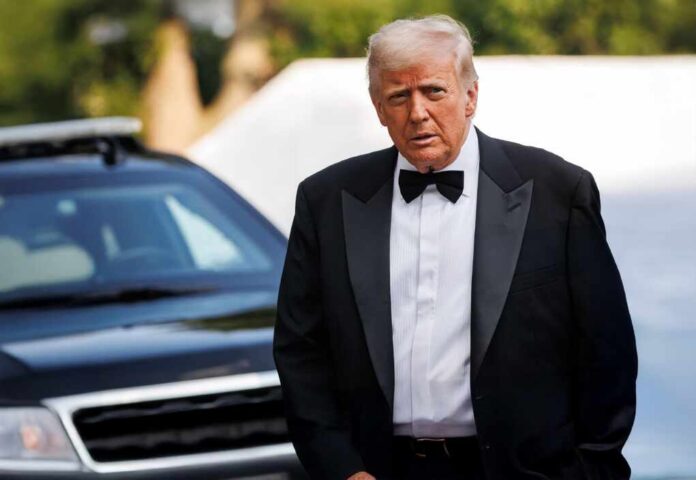
President Trump may have softened his stance on firing Jerome Powell, but his relentless criticism of the Fed Chair is far from over, as he eyes a significant shake-up in monetary policy.
At a Glance
- President Trump continues to criticize Fed Chair Jerome Powell over interest rates.
- Trump is unlikely to remove Powell before his term ends in May 2026.
- The ongoing feud could impact market confidence and the Fed’s perceived independence.
- Trump plans to appoint a new Fed Chair aligned with his views in 2026.
Trump’s Unyielding Criticism of Powell
President Donald Trump hasn’t let up on his criticisms of Federal Reserve Chair Jerome Powell, focusing primarily on Powell’s refusal to lower interest rates. This ongoing contention has been a hallmark of Trump’s economic strategy, as he believes that lower rates would fuel economic growth. Despite Trump’s attempts to influence monetary policy, Powell has maintained a consistent, data-driven approach. The Fed’s decision to keep interest rates high aims to curb inflation, a move that has sparked ongoing friction with Trump.
Trump cannot wait until Powell's term expires in May 2026 because he needs lower mortgage rates to significantly impact housing affordability and sales prior to the 2026 midterms.
— TonyIsHere4You (@TonyIsHere4You) July 21, 2025
Trump’s dissatisfaction with Powell’s monetary policy has led to a series of public attacks where he has labeled Powell with derogatory terms. Amidst these tensions, Trump has acknowledged that Powell’s removal before his term ends in 2026 is unlikely. However, Trump is setting the stage for a significant change by planning to nominate a new Fed Chair who aligns more closely with his economic viewpoints when the opportunity arises.
Trump Says Firing Powell ‘Unlikely’ (Full Q&A)
The Fed’s Independence at Risk?
The Federal Reserve’s independence is a cornerstone of its credibility and the stability of the financial markets. Political interference, especially from the presidency, has historically been viewed as destabilizing. Trump’s persistent public criticism raises concerns about the Fed’s autonomy. This feud threatens to politicize monetary policy decisions, which could increase market volatility. Financial markets and investors, highly sensitive to Fed policy signals, are closely monitoring these developments.
The possibility of Trump appointing a new Fed Chair in 2026 could shift the direction of U.S. monetary policy. If the new Chair supports lower interest rates, this could bring about significant changes in economic strategy. Yet, any perceived political interference could erode the Fed’s credibility, with long-term implications for both domestic and global financial stability.
Implications for the U.S. Economy
The ongoing battle between Trump and Powell has broader implications for the U.S. economy. Short-term, the public criticism may undermine confidence in the Fed’s independence, affecting everything from borrowing costs to inflation rates. Long-term, if political pressures continue to mount, the Fed’s ability to maintain stable economic growth could be compromised. This situation also risks eroding public trust in economic institutions, which is vital for maintaining low inflation and stable growth.



